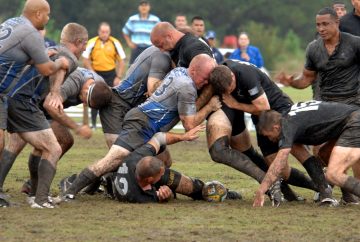Routine Investigation
Extra tests or investigations in knee injuries are entirely normal. Imaging is essential to assist in the diagnosis of knee injuries.
X Ray
This involves a dose of radiation and allows clear imaging of the bones of the knee. This can help pick up broken bones, pieces of bone floating in the knee and also smaller subtle fractures that may mean a ligament has been injured. It will also show blood and bone marrow (fat) in some injuries … Continue reading X Ray
CT Scan
Computerised tomography (CT or CAT scan) utilises radiation to image your knee. It is particularly helpful at imaging bone rather than soft tissues. Occasionally needs to be performed in conjunction with an MRI scan in complex problems. Can be used to make useful 3D images of your knee to assist with surgical planning.
MRI Scan
Magnetic resonance imaging (MRI) is a way of viewing the tissues of your knee without using any radiation but using strong magnets. This involves your knee being placed in a special holder and then your whole body moving into the scanner. The scan takes about 25 minutes and the machine makes loud noises as is … Continue reading MRI Scan
Ultrasound
Utilises harmless high-frequency sound waves to image structures in and around your knee. Useful to image the patella and quadriceps tendons and to assess certain swellings (bursitis). It can also be used with a doppler attached to help look at vascularity and blood flow.
Blood Tests
May be used to help diagnose rheumatological conditions and screen people for safety if they are medically complex and monitor conditions or response to treatment in inflammation or infection.
MRSA Swab
The routine screening of patients prior to surgery to see if they are carriers of MRSA. If you test positive then you will be treated to eradicate this. You will need to then be tested negative before you are admitted for elective clean surgery.






